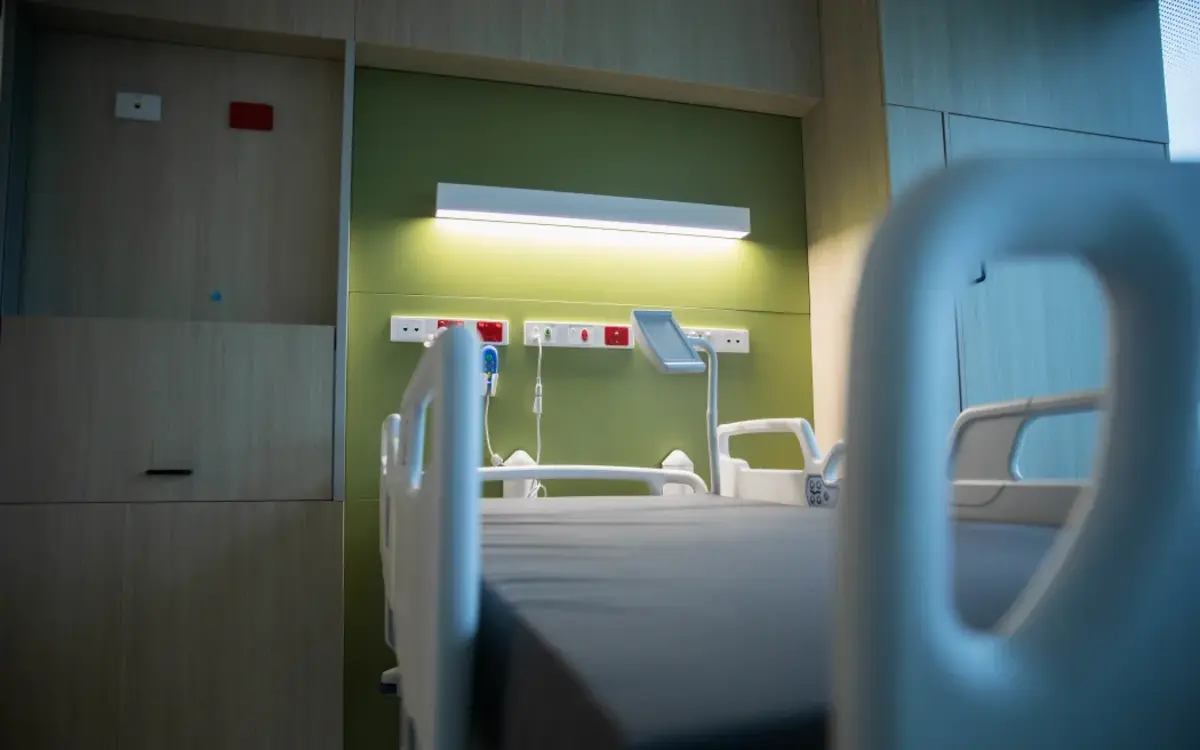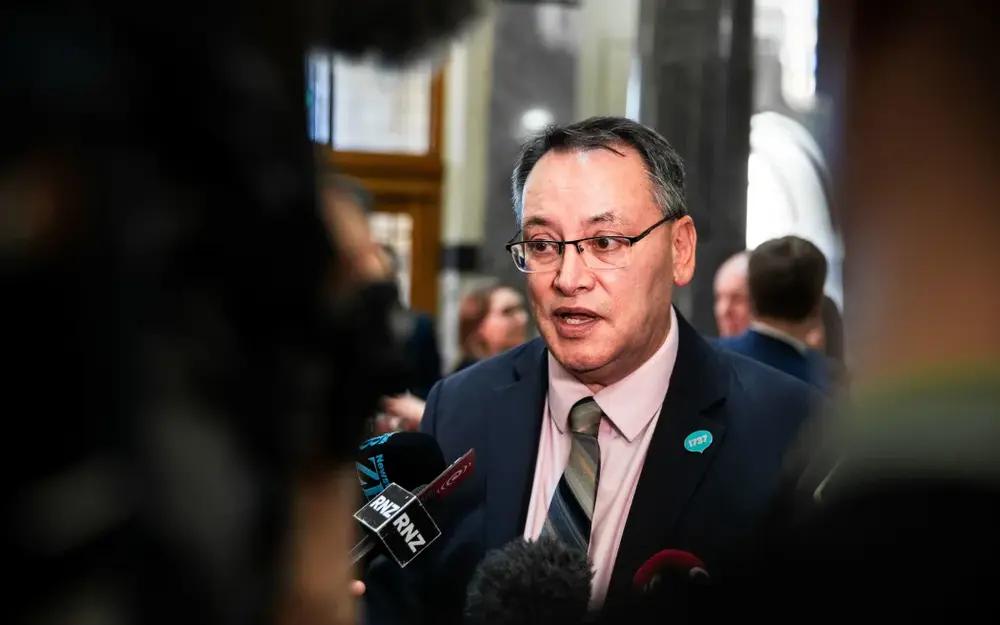Health rationing 'nothing new', some patients say
Reporting by RNZ
26 November 2024, 3:27 AM
 An Invercargill man who has severe hip disease says after months of waiting he has just heard back that his referral to Southland Hospital's orthopaedics department has been declined. Photo: RNZ / Samuel Rillstone
An Invercargill man who has severe hip disease says after months of waiting he has just heard back that his referral to Southland Hospital's orthopaedics department has been declined. Photo: RNZ / Samuel RillstoneThe Labour Party is blaming the government's new wait time targets for so many patients being unable to get onto a waiting list for hospital treatment.
However, some patients say there is nothing new about this kind of rationing.
At just 51 years old, Invercargill man "Jim" (not his real name) said he was "walking like a penguin" because of severe hip disease.
After months of waiting, he has just heard back from the orthopaedics department at Southland Hospital: "referral declined".
Jim said he had heard of other patients getting referred "five or six times" before finally being accepted.
"It seems to me like all that's going to do is clog up the GP system, and you can't get into the GP for three weeks either, so maybe this is one of the reasons why."
His GP suggested he could pay for the surgery privately.
"I guess I can save for a couple of years, or we could start borrowing against the house, but it's a little bit frustrating that at the same time, we're paying tax that's meant to cover these sort of things."
Health NZ said all referrals for specialist appointments were assessed according to clinical criteria.
Other factors - such as resourcing or wait times - were not considered.
However, one specialist, who asked to remain anonymous, said they triaged all referrals based on clinical acuity - but it was management that determined who could be seen.
"Currently they're rejecting all routine and semi-urgent referrals. We're only seeing cancer and urgent referrals. This makes it look like our first specialist appointment waiting times are not too long, but it ignores the significant need in our community for our services.
"I feel for GPs who can't get their patients to see us. To meet the demand we'd need more specialists, clinical facilities and surgical theatre capacity."
Labour's health spokesperson Dr Ayesha Verrall - who served as health minister in the last government - told RNZ's Midday Report the problem with wait time targets was that they "incentivised" people to hide negative realities.
"And that's a feature we see again and again across the health service at the moment.
"Statistics that keep an eye on rationing, whether that's to do with nursing ratios or waiting lists, are being buried and we don't have access to them."
However, while GPs report the thresholds for getting referrals accepted appeared to be getting higher (partly due to the number of sicker patients), rationing in the public health system goes back many years.
One Wellington woman said her referral to a specialist service was rejected in January 2020.
"They had looked at my case notes and the referral letter and decided that my situation could be better treated by my GP, which is madness, because my GP couldn't treat me.
"That's why they sent the referral letter in the first instance."

Health Minister Shane Reti. Photo: RNZ / Samuel Rillstone
The woman ended up paying for a private specialist, and was finally diagnosed with stage 4 cancer in April 2021.
"They always say that prevention and early diagnosis is fundamental in the treatment of cancer and other chronic health conditions, we're advised to see our GPs early.
"They don't refer on a whim.
"Our health system is based on the premise that our GPs have the specialist knowledge to know when to refer their patients. This relies on the hospital accepting the specialist referral so that the patient receives the appropriate care, otherwise the whole system just falls over."
Another woman, who was turned down for a specialist appointment by Waikato Hospital in 2020, finally saw a specialist last year, who said she was an ideal candidate for surgery.
Unfortunately, she was about to move to the Kāpiti Coast, and had to start the process all over again, and get a referral to MidCentral, which had "a totally different response".
"[They said] 'You'll never get surgery, you're too functional!'.
"So it just shows how different things are depending where you are. All that stuff about doing away with the postcode lottery by setting up Te Whatu Ora, it's absolute rubbish."
Health Minister Shane Reti said he had been transparent about the challenges the health system faced, but it was "important to be ambitious".
"The health system went backwards under the previous government and its failure to drive targets. Having effective targets, and reporting on them publicly, helps identify where there are problems - and how we can take action to improve them."
Health received an additional $1.4b of new money for "cost pressures" in Budget 2024, he concluded.
Te Whatu Ora clinical lead for planned care Dr Derek Sherwood said clinical referral criteria thresholds for first specialist assessments (FSA) had not changed - with the exception of cataracts (as part of reducing variation and increasing access).
"New Zealanders can be assured that all referrals for an FSA will continue to be individually assessed by our clinical teams to standardised clinical criteria," he said.
The agency was working to develop a national data platform to give a better understanding of patients who did not meet the criteria for specialist assessments.
Under the old district health board system, each region held data about declined referrals in different ways.
"Developing this capability at a national level will take time but it will help us to understand local variation and where there may be areas of unmet need."
NEWS
SOUTHLAND'S LOCAL LEGENDS





